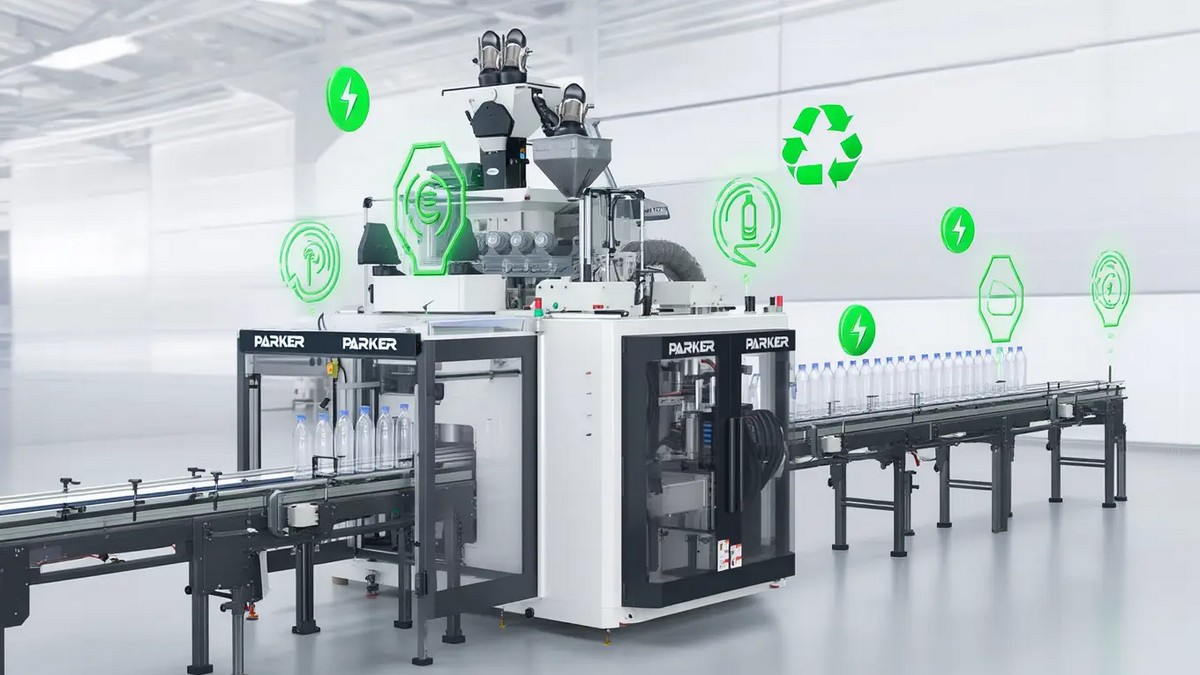The textile industry is one of Taiwan's major industries, covering a wide range from raw material procurement to end consumption. However, this large and complex supply chain has accumulated long-standing issues, such as unclear labor rights, environmental degradation, lack of transparency, and unclear product origins. As consumer demand for sustainable products increases, improving supply chain transparency and ensuring product quality has become a significant challenge.
Basic concepts of blockchain technology
To improve supply chain transparency and product quality, the most effective solution is blockchain technology. Blockchain is a decentralized ledger technology that uses cryptography to ensure transaction data security. Each transaction is recorded in a "block" and linked in chronological order to form a "chain," making the data tamper-proof.
Core features of blockchain:
Decentralization:
Eliminates intermediaries, enabling direct transactions between parties.
Transparency:
All participants can view transaction records, ensuring data is open and traceable.
Immutability:
Once data is recorded, it cannot be modified or deleted, ensuring the authenticity and accuracy of information.
Applications of Blockchain in the Textile Industry
While blockchain became widely known through Bitcoin, it has increasingly been applied in various sectors, including the textile industry, where it offers several practical uses:
Improving Labor Conditions and Fair Trade:
Blockchain can increase supply chain transparency, allowing consumers to ensure their products come from factories that meet ethical labor standards. This is crucial for improving labor conditions.
Product Traceability and Material Transparency:
Blockchain enables full traceability from raw materials to the final product, ensuring each item clearly shows its origin, building consumer trust in product sustainability.
Supply Chain Efficiency and Cost Control:
Blockchain facilitates real-time data sharing, improving supply chain efficiency by reducing delays and errors in logistics and inventory management, ultimately lowering costs.
Preventing Counterfeiting and Fraud:
Blockchain's immutability ensures the authenticity of products, effectively preventing counterfeit goods from entering the market, which is especially valuable for high-end brands.
Challenges and Solutions for Blockchain Adoption
While blockchain offers significant advantages, there are also challenges:
Technical and Cost Barriers:
Implementing blockchain requires substantial initial investment, which might be unaffordable for small and medium-sized enterprises.
Standardization and Collaboration Issues:
Currently, there is no global standard for blockchain, which may result in incompatible systems between different companies.
Data Privacy Issues:
Despite blockchain's tamper-proof nature, protecting privacy remains a challenge, particularly when safeguarding commercial secrets of suppliers.
Future Outlook: How Blockchain Will Change the Textile Industry
As blockchain technology matures and costs decrease, more textile brands will adopt this technology to enhance supply chain transparency, boost consumer trust, and improve brand competitiveness. Additionally, blockchain's smart contracts will be fully implemented in the future, simplifying transaction processes and speeding up logistics management, leading to more efficient and automated operations. More importantly, the integration of blockchain with AI and IoT will further push the supply chain toward greater intelligence, with digitalization and automation spanning the entire process from raw material procurement to product delivery, greatly enhancing operational efficiency and collaboration across the supply chain. These technological developments will usher the textile industry into a more precise, efficient, and sustainable future.
Driving the Textile Industry Toward a Sustainable Future
Though blockchain technology is still in the exploratory phase within the textile industry, its potential to bring transparency, efficiency, and trust will undoubtedly have a profound impact on the industry. This technology not only enhances traceability within the supply chain but also ensures integrity and sustainability at every step, helping brands stand out in a competitive market.
As more brands invest in blockchain technology, the textile industry will move toward a more efficient, fair, and sustainable future, opening a new digital and intelligent chapter. Despite challenges, blockchain is reshaping supply chain management in the textile industry, improving transparency, safeguarding product quality, and fostering greater consumer trust. With continued technological development and application, the industry will achieve broader digitalization and transparency, driving toward a more sustainable and ethically responsible future.










.jpg)
.jpg)
.jpg)

.jpg)